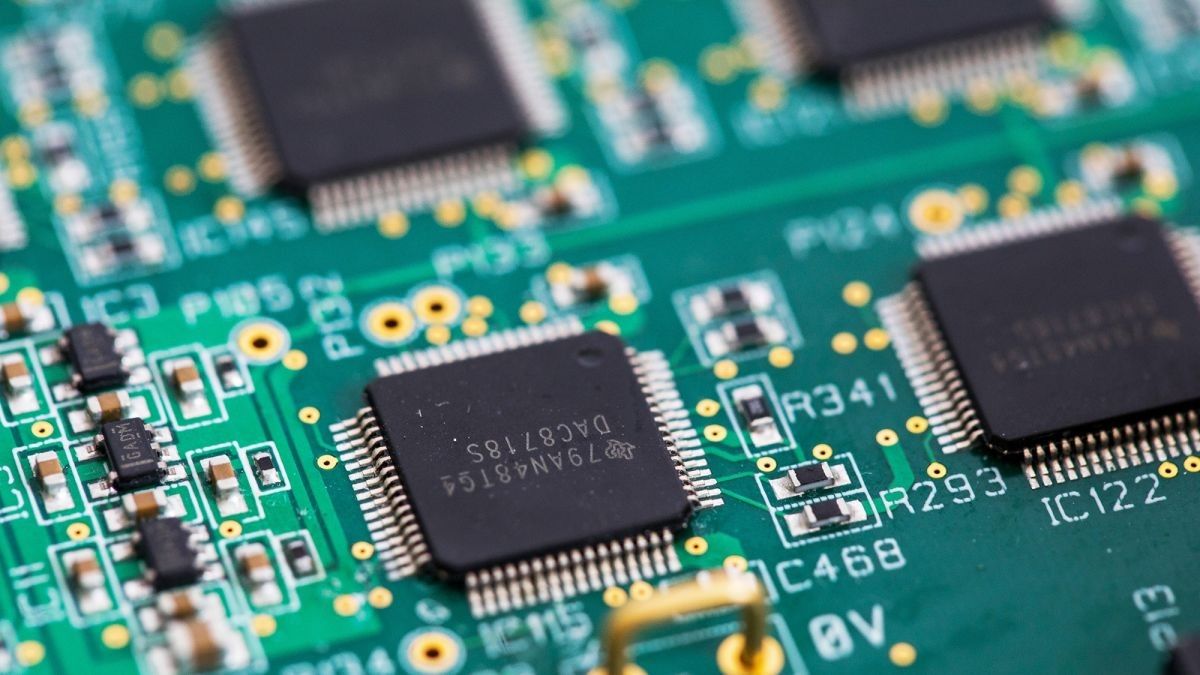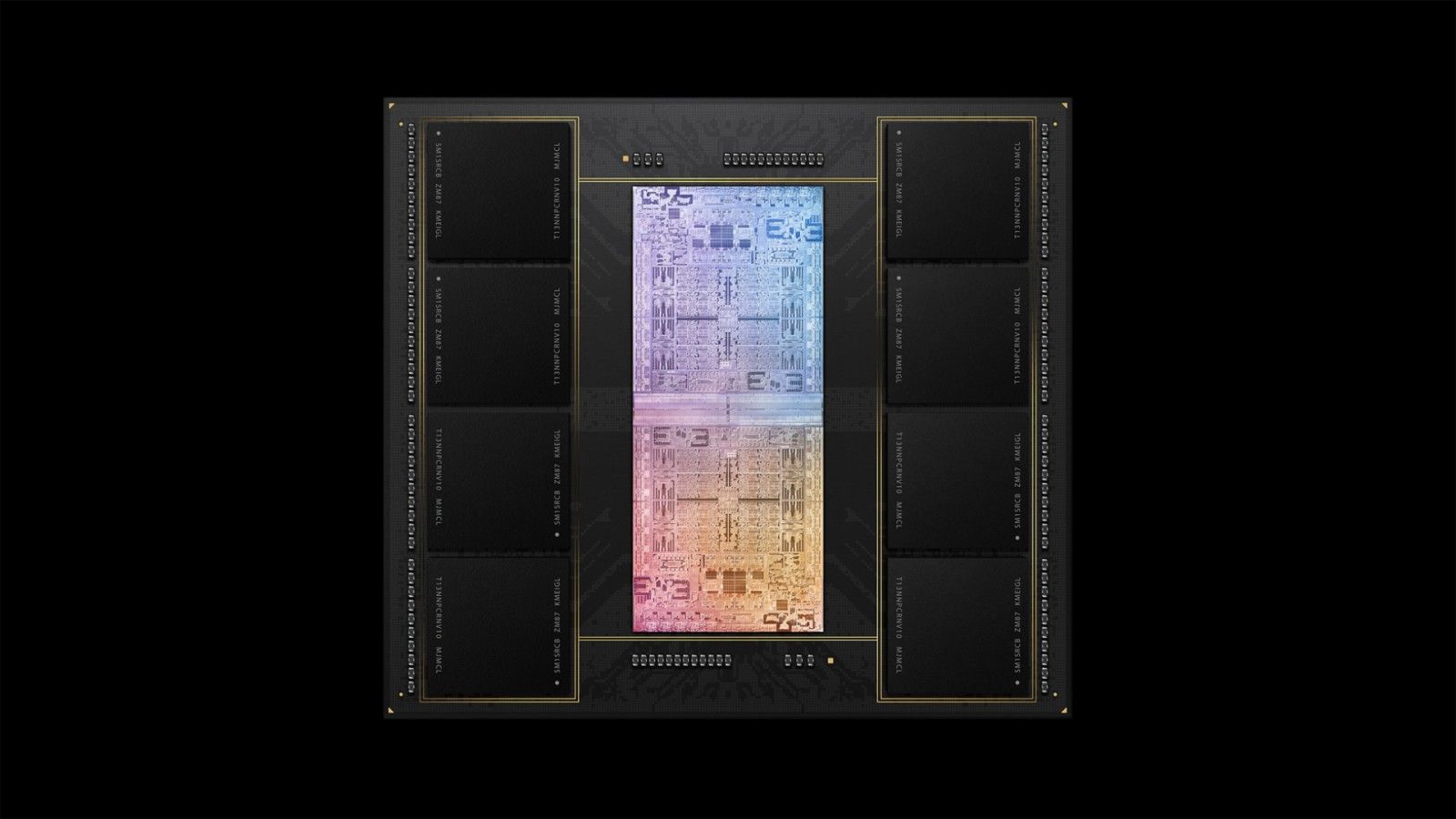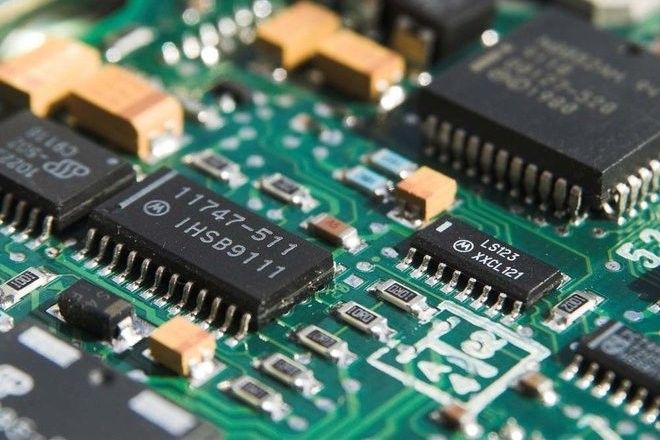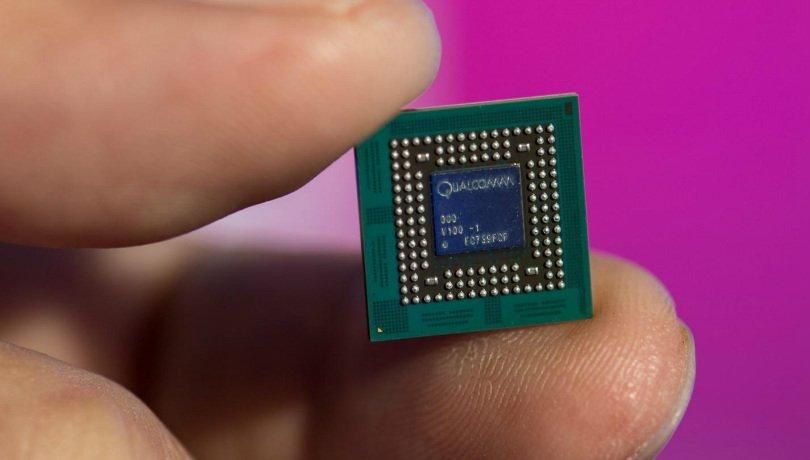Chips are everywhere: smartphones, laptops, TVs, monitors, and even cars. Whenever you go through the specifications sheet of any laptop or a smartphone, you must have spotted the term nanometer (or 'nm') mentioned in the 'chip information' section. But, what does it really mean? This explainer will help you understand about the significance of nanometer technology in chipsets and why the smaller nm is considered better.
What does 'nm' mean in chipsets?
To understand why smaller nanometer in chipsets is considered better, we first need to understand how the chips work and what are they made of. Most of the commercially available chips are made of tiny silicon transistors. These transistors are very small in size and there can be millions and billions of transistors on one chip. The term nanometer in chips is referred to as the size of each individual transistor. It is often referred to as "process node" and "technology node" in the industry.
Source: Apple
So why do we say that the smaller nanometer chips are better? It's because the smaller the size of a single transistor, the tightly they can be packed together. Since the size of each individual transistor is small, companies tend to cram in more transistors on the same dye. The more transistors you have, the more calculations a chip can do, and thus the more powerful a chip can be.
In the early 1990s, each transistor used to be a few hundred nanometers in size. With the continued research and development in this field, we're now seeing companies ship 5nm and 4nm chips in their smartphones and other computing devices. Some companies like Qualcomm, Samsung, and Apple are even working to develop 3nm chips for their devices with the target release of 2023.
Read: What is a GaN charger, how is it different and why you need one?
But, nowadays, the term nm isn't exactly what it used to be before. The modern-day chipset nanometer technology refers to the improvement in the manufacturing process rather than the size of the transistor itself. It has now become more of a marketing term. Nevertheless, it still reflects advancements in the industry, and it can be seen how immensely chips have improved in the past few years.
Source: NYTimes
Why small nm in chips is better?
-
Faster processing: In the chips with small nm, transistors are packed tightly and the distance between each transistor is small. Since the electrons have to travel a smaller distance, the electrical signal passes faster and thus results in faster processing.
-
Reduced power consumption: Since the transistors are packed tightly, electrons are able to flow easily requiring less energy input. An example of this can be seen in Apple's new M1 chipset that delivers better performance at the same power wattage than older chips with bigger nanometer technology.
-
Less heat: The movement of electrons causes a lot of energy loss in terms of heat. This is primarily why laptops and smartphones become hot after extended usage. But in chips with smaller nm, electrons have to travel a smaller distance and thus less amount of heat is generated. Moreover, as the amount of heat generated is less, the temperature of the chips with small nm remains cooler and can provide sustainable performance for a long time.
While it sounds promising that the industry is moving towards the goal of creating better performing and efficient chipsets, it's worth noting that comparing nanometer technology of different manufacturers and companies is not always correct.
For example, when Intel launched its 10nm process node chipsets, they provided the same performance as TSMC's — one of the biggest chipset manufacturers in the world — 7nm node chipsets, even though (theoretically) the 7nm chipset should be better. Each foundry measures nm in a different manner so it's best to take this as a marketing term.
This is pretty much everything you need to know about nanometer technology in chipsets. If you have any questions or doubts, then let us know in the comment section down below and we would be happy to help!




